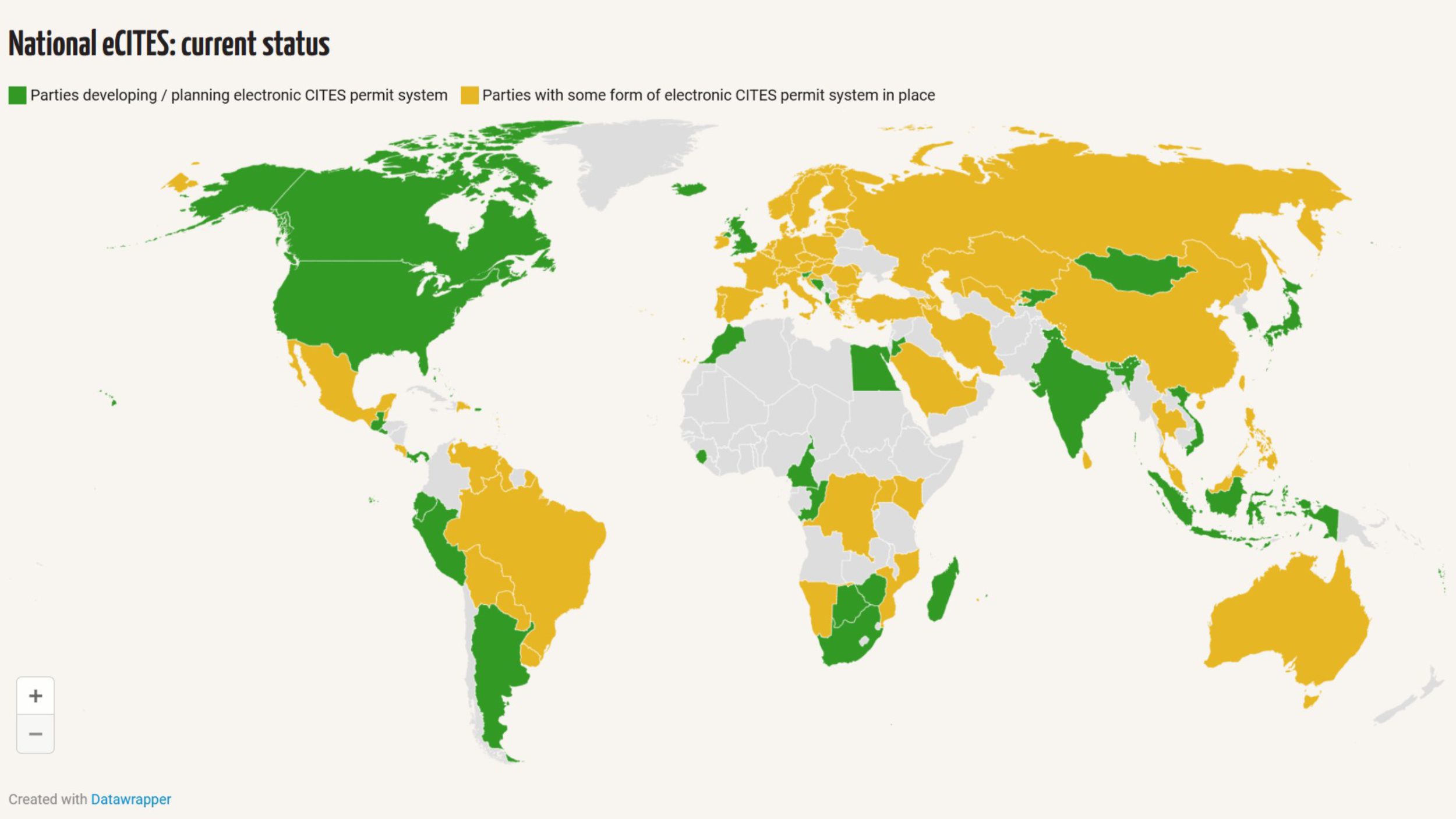Status And Cool Narratives Are Killing The Planet
The current stories of what defines ‘cool’ and gives people status are killing the planet. New narratives are needed to save wild species and the natural world. Will 2026 bring the needed shift? The status-driven addiction to consumption is driving planetary collapse. At present this addiction is shared between all groups who are able to participate in consumer culture. Without being able to tell different stories about the elite groups propelling us collectively to planetary tipping points, and without creating new groups advocating an alternative based on generosity of spirit, the behaviour changes needed to pull us back from the brink cannot happen. Simply converting the energy powering unnecessary consumption from fossil fuels to renewables will never [...]










